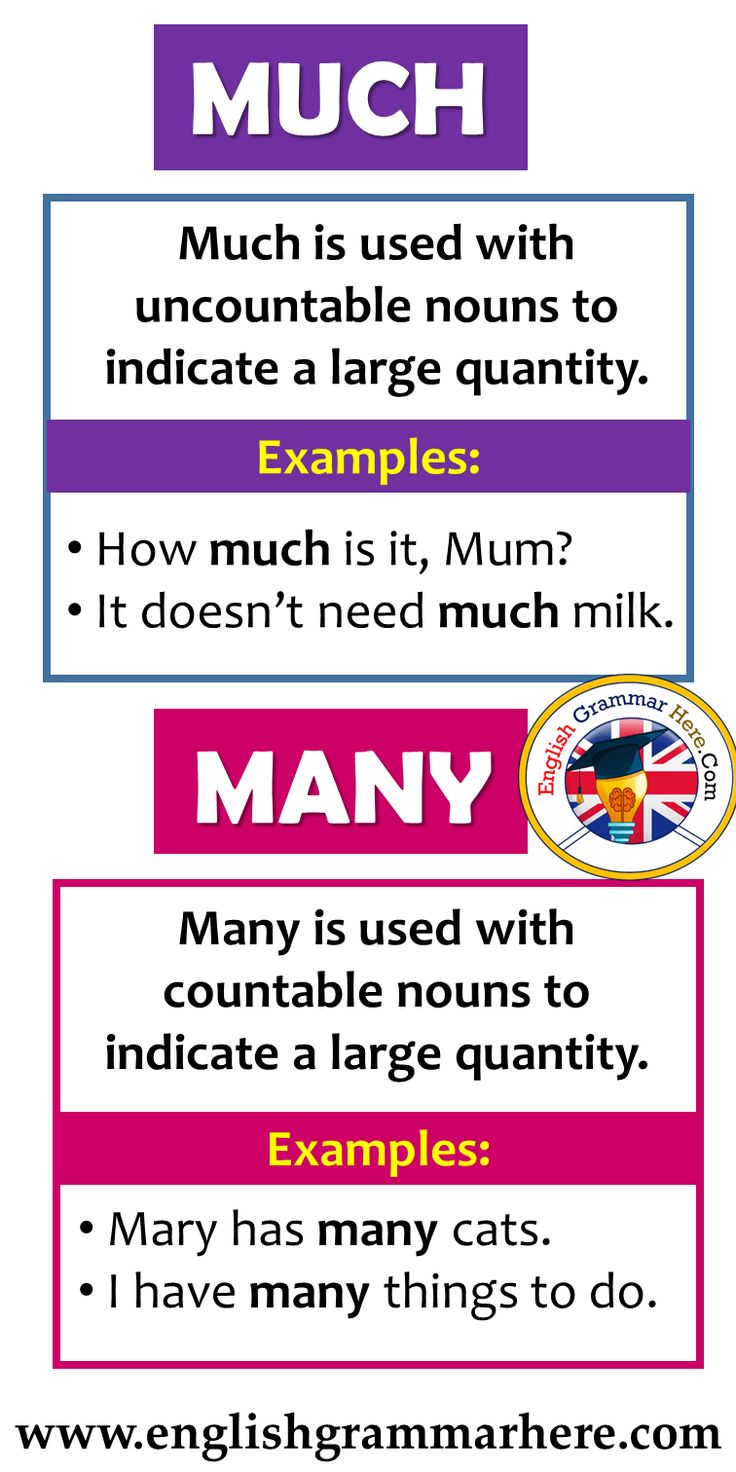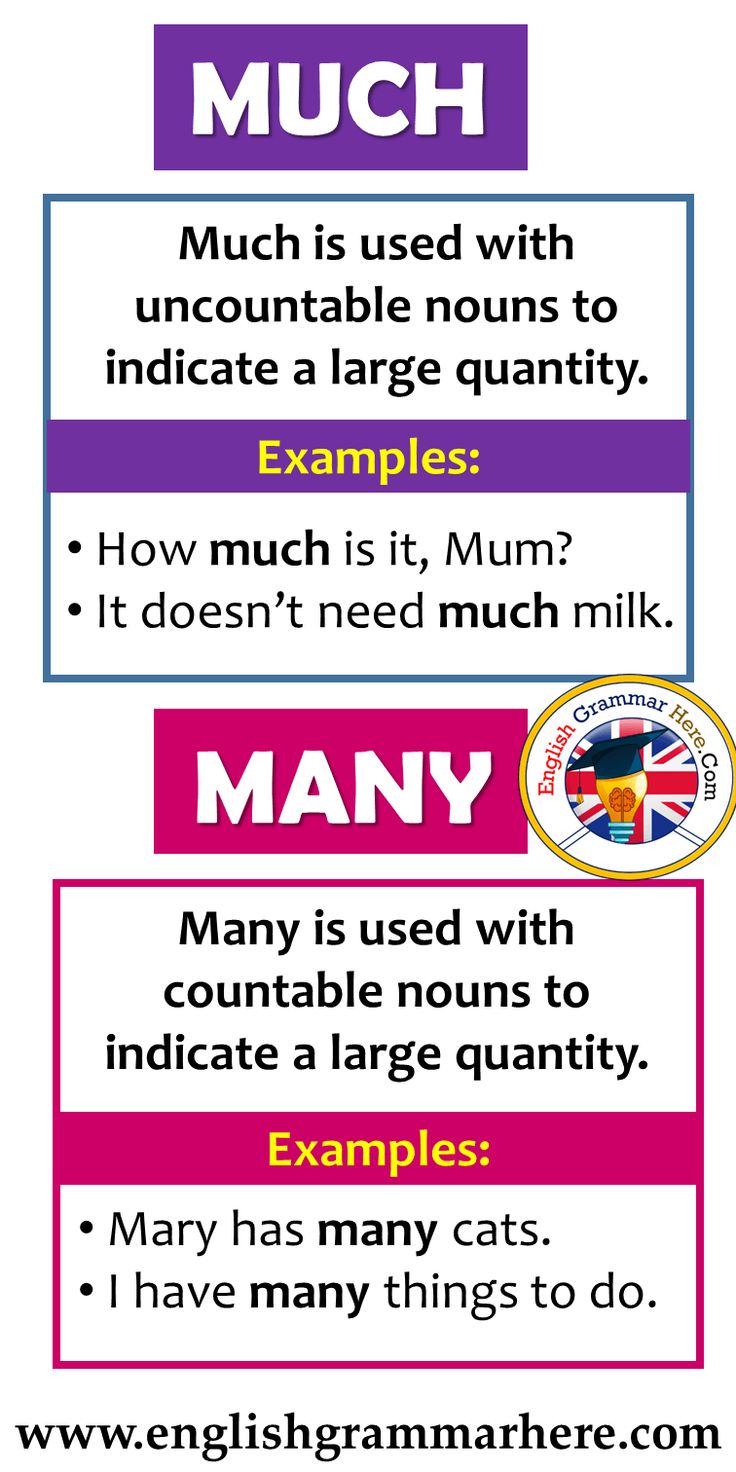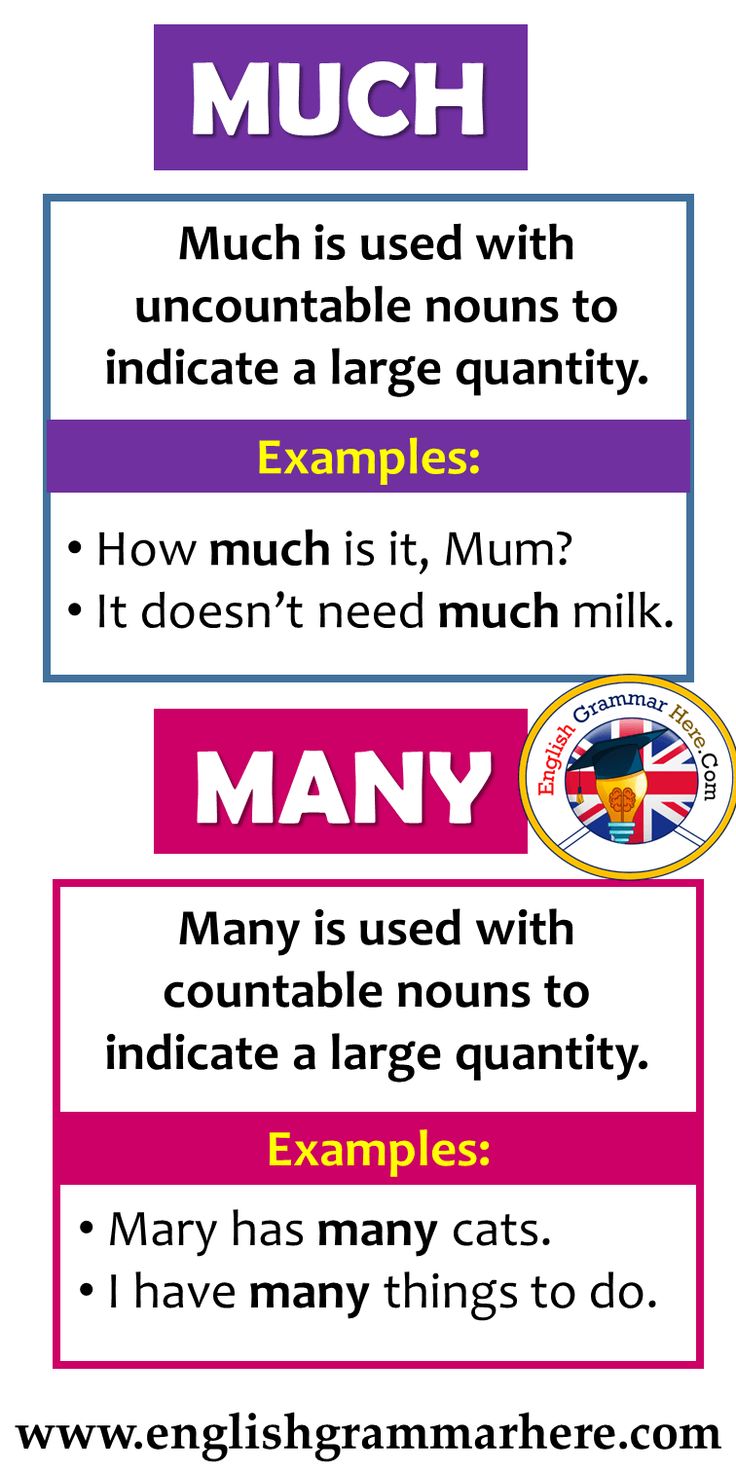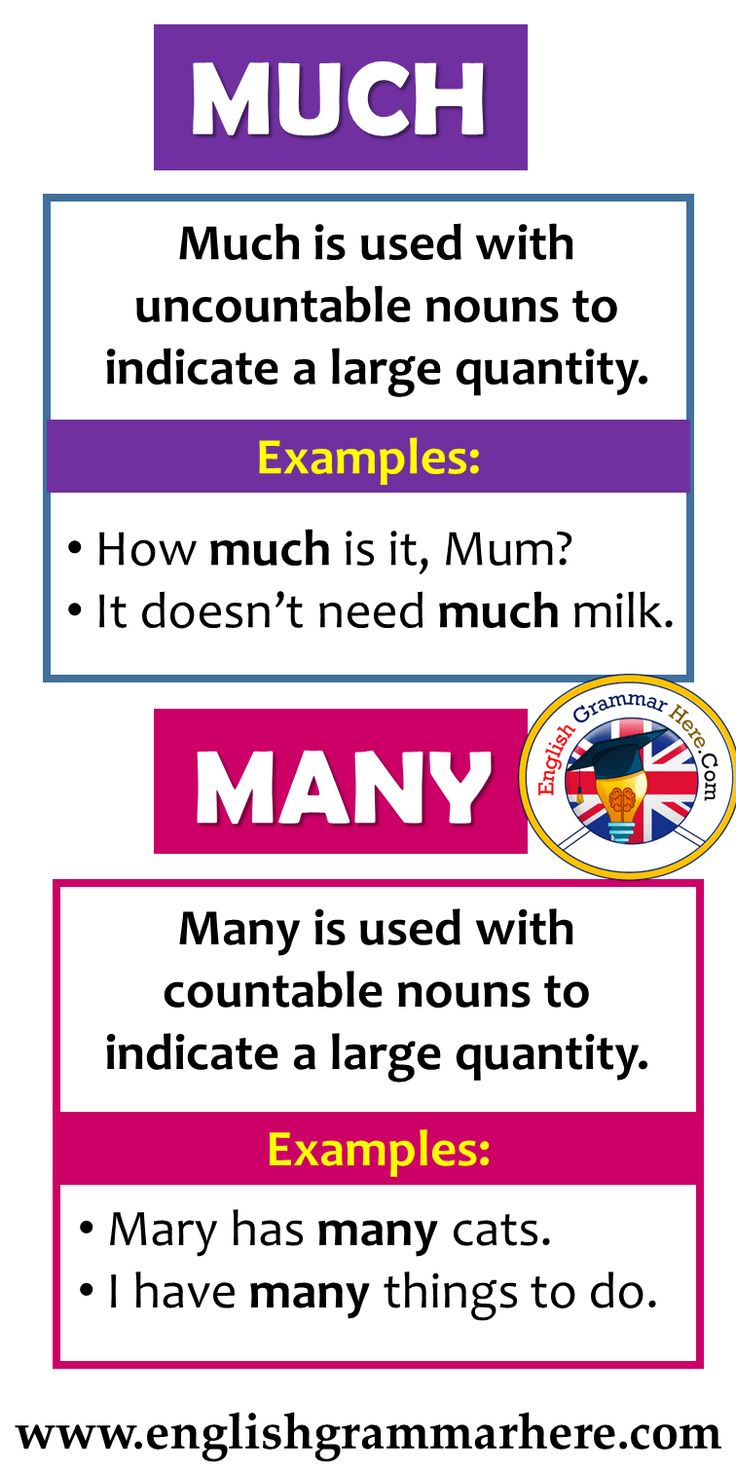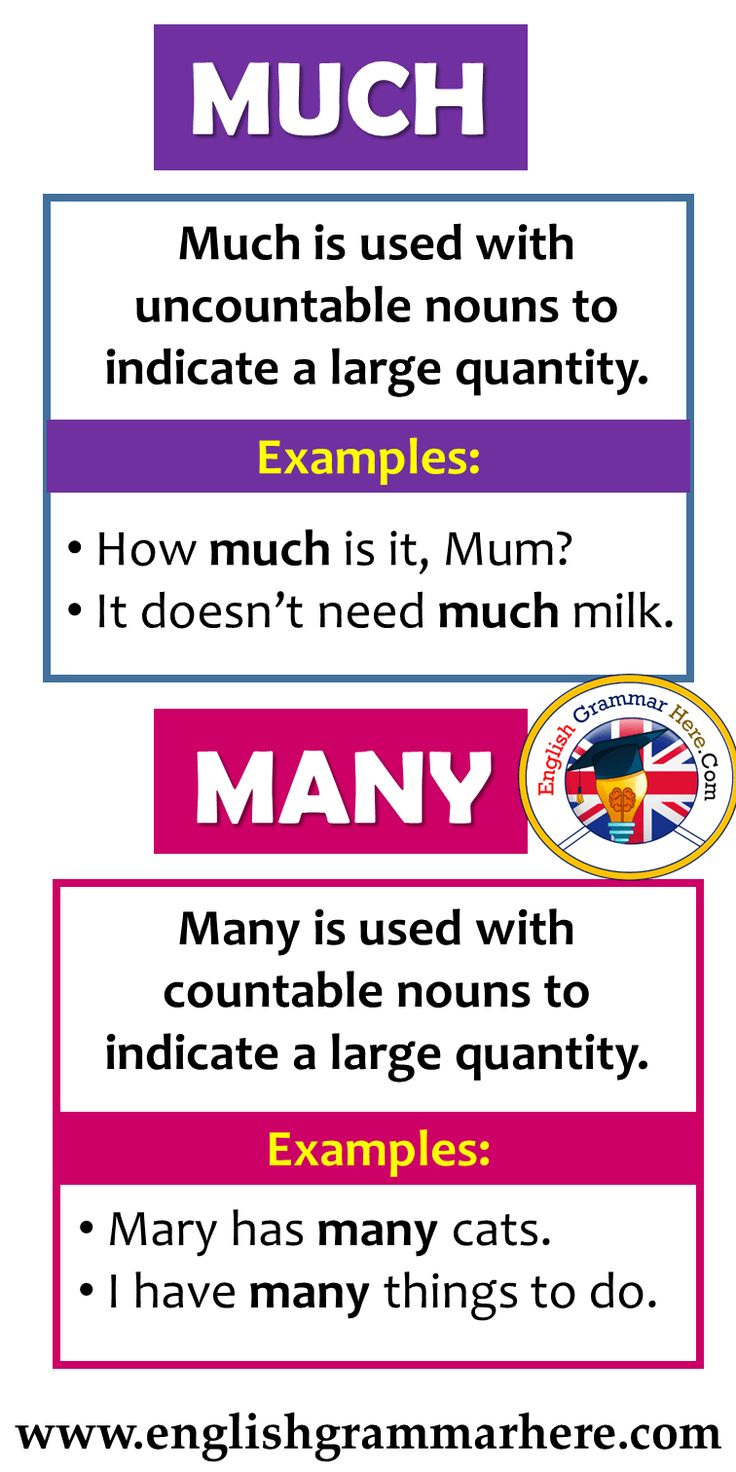How Much Is A Jeep Wrangler At Auction: A Comprehensive Guide to Savvy Buying
How Much Is A Jeep Wrangler At Auction: A Comprehensive Guide to Savvy Buying jeeps.truckstrend.com
The allure of a Jeep Wrangler is undeniable. Its iconic design, legendary off-road capability, and a vibrant community of enthusiasts make it a highly sought-after vehicle. While purchasing a new or used Wrangler from a dealership is a common path, a growing number of buyers are turning to auctions in hopes of snagging a deal. But how much does a Jeep Wrangler cost at auction, and is it truly a bargain hunter’s paradise?
This comprehensive guide will delve deep into the world of auction-bought Jeep Wranglers, dissecting the factors that influence their prices, guiding you through the auction process, and arming you with the knowledge to make an informed decision. Buying a Wrangler at auction can offer significant savings, but it also comes with unique challenges and risks that savvy buyers must understand and navigate.
How Much Is A Jeep Wrangler At Auction: A Comprehensive Guide to Savvy Buying
Understanding the Auction Landscape for Jeep Wranglers
Automotive auctions are diverse, ranging from public sales open to anyone to dealer-only events and specialized salvage auctions. Each type presents different opportunities and risks, directly impacting the potential price of a Jeep Wrangler.
- Public Auctions: Open to the general public, these often feature vehicles from government fleets, repossessions, trade-ins, or private consignments. Prices can be competitive, but vehicles are typically sold "as-is" with limited inspection opportunities.
- Dealer Auctions (Wholesale Auctions): Primarily for licensed dealers, these auctions move vast quantities of vehicles. While direct public access is rare, some auction houses offer intermediary services or specific public days. Vehicles here often come from dealership trade-ins, off-lease returns, or rental fleets. Quality can vary widely.
- Salvage & Insurance Auctions: These auctions specialize in vehicles that have been deemed total losses by insurance companies due to accidents, flood damage, theft recovery, or other major incidents. Prices here are significantly lower, but the vehicles often require extensive repairs and may carry a salvage or rebuilt title, impacting their resale value and insurability.
- Online Auctions: Platforms like eBay Motors, Copart, IAAI, and others have revolutionized the auction market, making vehicles accessible to a global audience. These platforms often host a mix of vehicle types, from clean-title used cars to salvage vehicles.

The appeal of auctions lies in the potential for significant savings compared to retail prices. Dealers acquire inventory at these auctions to sell at a markup, so buying directly from the source can cut out the middleman. However, this also means assuming the risks that a dealership would typically absorb, such as unknown mechanical issues or undisclosed damage.
Factors Influencing Jeep Wrangler Auction Prices
The price you pay for a Jeep Wrangler at auction is a complex equation influenced by numerous variables. Understanding these factors is key to setting a realistic budget and avoiding overpaying.
1. Model Year and Trim Level
The generation and specific trim of a Wrangler heavily dictate its value. Newer generations (JL, JK) command higher prices than older ones (TJ, YJ, CJ). Within each generation, premium trims like the Rubicon (with its enhanced off-road capabilities, locking differentials, and disconnecting sway bars) will always fetch more than a base Sport model. Special editions (e.g., Willys, Sahara, Unlimited) also influence pricing.

- JL (2018-Present): Most expensive, latest tech, 2-door and 4-door Unlimited.
- JK (2007-2017): Still very popular, wide price range, first 4-door Unlimited.
- TJ (1997-2006): Solid axle, popular for modding, lower entry price.
- YJ (1987-1995): Square headlights, lowest prices for drivable units.
- CJ (1976-1986): Collector’s items or project vehicles, prices vary wildly based on condition and originality.
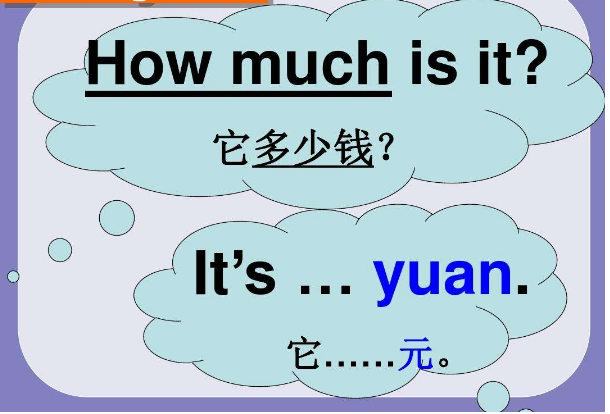
2. Vehicle Condition (Mechanical & Cosmetic)
This is perhaps the most critical factor. Auction vehicles are sold "as-is," meaning you bear all responsibility for any defects.
- Mechanical Soundness: A Wrangler that starts, runs, drives, and shifts smoothly with no warning lights will naturally sell for more. Issues like engine knocking, transmission problems, 4×4 system failures, or significant fluid leaks will drastically reduce the price.
- Cosmetic Condition: Dents, scratches, rust (especially common on older Wranglers and those exposed to road salt), torn interiors, and missing parts will lower the bid. Conversely, a well-maintained exterior and interior can significantly boost the price.
- Title Status: A "clean title" Wrangler will always be more valuable than one with a "salvage," "rebuilt," "flood," or "branded" title. Salvage titles indicate significant damage, and while cheaper, they are harder to insure, finance, and resell.
3. Mileage
Lower mileage generally equates to higher value, especially for newer models. However, Wranglers are known for their durability, and a well-maintained high-mileage unit (150,000+ miles) can still be a good buy if the price reflects the wear.
4. Modifications and Aftermarket Parts
This is a double-edged sword for Wranglers. High-quality, desirable modifications (lift kits, upgraded bumpers, winches, larger tires, aftermarket lighting, engine upgrades) from reputable brands can increase the value for the right buyer. However, poorly installed modifications, extreme modifications that limit daily drivability, or personal, taste-specific alterations can actually decrease the appeal and price for a broader audience. It’s crucial to distinguish between valuable enhancements and potentially problematic DIY jobs.
5. Location and Regional Demand
Demand for Wranglers can vary regionally. Areas with a strong off-roading culture or warmer climates might see higher prices due to increased demand. Shipping costs for a vehicle from a distant auction can also eat into potential savings, so local auctions are often preferred.
6. Auction Type and Fees
As discussed, salvage auctions will yield the lowest prices. However, all auctions come with additional fees that must be factored into your budget.
- Buyer’s Premium: A percentage of the winning bid, typically 5-15%.
- Auction Fees: Documentation fees, gate fees, internet bidding fees, etc.
- Taxes and Registration: Standard fees for vehicle ownership in your state.
- Transportation: The cost to move the Wrangler from the auction lot to your home or mechanic.
7. Seasonality and Market Demand
Vehicle prices, including Wranglers, can be influenced by seasonal demand. Spring and summer often see increased interest in convertibles and outdoor-adventure vehicles, potentially driving up prices. Economic conditions and fuel prices can also play a role.
The Auction Process: A Step-by-Step Guide for Buyers
Navigating an auction can seem daunting, but a structured approach can greatly improve your chances of success.
-
Research and Due Diligence:
- Identify Target Vehicles: Browse auction inventories online. Filter by make, model, year, and location.
- Get the VIN: Obtain the Vehicle Identification Number for any Wrangler you’re interested in.
- Run a Vehicle History Report: Services like CarFax or AutoCheck are invaluable. They can reveal accident history, salvage titles, flood damage, service records, and odometer discrepancies. This is non-negotiable for any auction purchase.
- Physical Inspection (If Possible): This is the single most important step. Many public auctions offer preview days. If possible, visit the lot.
- Check for rust on the frame, body panels, and suspension components.
- Look for fluid leaks under the vehicle.
- Inspect tires, brakes, and suspension components.
- Check the interior for water damage, mold, or excessive wear.
- Examine the engine bay for signs of neglect, modifications, or severe issues.
- Bring a Mechanic: If you’re serious, pay a mobile mechanic to accompany you for a professional opinion.
- Read Auction Rules: Understand the specific terms, payment methods, and pickup deadlines.
-
Set a Realistic Budget:
- Don’t just consider the winning bid. Factor in the buyer’s premium, auction fees, taxes, registration, and crucial post-purchase costs like transportation, immediate repairs, and potential maintenance. A good rule of thumb is to add 15-25% to your maximum bid for these additional costs.
-
Registration and Bidding:
- Register: Most auctions require pre-registration, which might involve a deposit or proof of funds.
- Stay Disciplined: During the auction, it’s easy to get caught up in the excitement. Stick to your pre-determined maximum bid. Don’t let emotion drive your decision.
- Understand Bidding Increments: Know how much each bid increases the price.
-
Post-Auction Logistics:
- Payment: Be prepared to pay quickly, often within 24-48 hours. Most auctions accept wire transfers or certified checks.
- Pickup and Transportation: Arrange for the vehicle to be picked up promptly. Auction lots often charge daily storage fees if the vehicle isn’t moved within their specified timeframe. You’ll need to arrange for a tow truck or a vehicle transport service unless the Wrangler is safely drivable and you have temporary tags.
Potential Savings vs. Risks
Buying a Jeep Wrangler at auction offers both significant advantages and inherent disadvantages.
Potential Savings:
- Below Retail Prices: The primary appeal is the chance to acquire a Wrangler for less than its market value at a dealership or private sale.
- Unique Finds: Auctions can be a source for older, rarer, or highly modified Wranglers that might not be available elsewhere.
- Wholesale Pricing: You’re essentially buying at the price dealers pay.
Inherent Risks:
- "As-Is, Where-Is" Sales: No warranties, no guarantees. You buy it with all its defects, known or unknown.
- Hidden Issues: Undisclosed mechanical problems, electrical gremlins, or frame damage can turn a "deal" into a money pit.
- Limited Inspection: Public auctions often allow only visual inspection, no test drives, and sometimes no starting of the engine.
- Competition: Popular models like the Wrangler can attract fierce bidding wars, potentially driving prices up.
- Additional Costs: Buyer’s premium, fees, taxes, and transportation add up quickly.
- Salvage Title Woes: While cheaper, salvage title Wranglers are harder to insure, finance, and resell, and their long-term reliability is questionable without extensive, professional repairs.
Tips for Successful Auction Bidding
- Do Your Homework: Research specific Wrangler models, common issues for their year, and average auction prices from recent sales.
- Inspect, Inspect, Inspect: If a physical inspection is possible, do it thoroughly. Bring a friend or, ideally, a mechanic. Look for signs of flood damage (musty smell, water lines, rust in unusual places), accident repair (mismatched paint, panel gaps), and major leaks.
- Know Your Top Bid: Before bidding starts, determine the absolute maximum you are willing to pay, including all fees and potential repair costs. Stick to it.
- Factor in ALL Costs: Don’t just budget for the bid price. Account for buyer’s premium, auction fees, sales tax, registration, title fees, and transportation.
- Don’t Get Caught in a Bidding War: It’s easy to get emotionally invested. If the price goes beyond your limit, walk away. There will always be another Wrangler.
- Be Patient: The perfect Wrangler at the perfect price might not appear at your first auction. Attend a few, observe the process, and learn.
- Consider the "Why": Why is this particular Wrangler at auction? Is it a repossession, a trade-in, or a flood car? Understanding its history can provide clues about its condition.
Estimated Jeep Wrangler Auction Price Ranges
Please note: These are estimated ranges and highly variable. Actual prices depend heavily on the exact condition, mileage, modifications, auction type, and market demand at the time of sale. Prices can fluctuate by thousands of dollars.
| Model Generation | Year Range | Condition: Good (Clean Title, Runs Well) | Condition: Average (Clean Title, Minor Issues/Wear) | Condition: Salvage/Rough (Branded Title/Major Issues) |
|---|---|---|---|---|
| JL | 2018 – Present | $25,000 – $45,000+ | $20,000 – $30,000 | $10,000 – $20,000 |
| JK | 2007 – 2017 | $15,000 – $28,000 | $10,000 – $20,000 | $4,000 – $12,000 |
| TJ | 1997 – 2006 | $8,000 – $15,000 | $5,000 – $10,000 | $1,500 – $6,000 |
| YJ | 1987 – 1995 | $4,000 – $9,000 | $2,000 – $6,000 | $500 – $3,000 |
| CJ | 1976 – 1986 | $5,000 – $20,000+ (Highly variable) | $2,000 – $8,000 | $500 – $4,000 |
Note: Prices for highly desirable or collector-grade CJs can far exceed these estimates.
Disclaimer: These are general estimates. Always conduct thorough research for specific vehicles.
Frequently Asked Questions (FAQ)
Q1: Is it always cheaper to buy a Jeep Wrangler at auction?
A1: Not always. While the potential for savings is there, factoring in all additional fees, potential repair costs, and transportation can sometimes bring the total cost close to, or even exceed, a private party or dealership price, especially for a clean, well-maintained unit. It’s crucial to calculate the total cost.
Q2: Can I inspect a Jeep before bidding at an auction?
A2: Most reputable auctions offer "preview days" or specific viewing times where you can visually inspect vehicles. However, test drives are almost never permitted, and starting the engine might be limited or not allowed. For online auctions, you’ll rely on photos, descriptions, and vehicle history reports, though some offer third-party inspection services.
Q3: What are common extra fees I should expect at an auto auction?
A3: Common fees include a buyer’s premium (5-15% of the winning bid), documentation fees, internet bidding fees (for online auctions), gate fees, and applicable sales tax. Don’t forget the cost of transporting the vehicle and potential immediate repairs.
Q4: Are salvage title Wranglers worth buying?
A4: Salvage title Wranglers are significantly cheaper, but they come with high risks. They require substantial repairs, may be difficult to insure or finance, and will always carry a lower resale value. They are best suited for experienced mechanics, those looking for parts vehicles, or dedicated project builders who understand the full scope of work required.
Q5: How do I transport a Jeep from an auction if it’s not drivable?
A5: You are responsible for transporting the vehicle. This usually involves arranging a tow truck or an auto transport service. Some auction houses might have preferred transport partners or offer assistance, but the cost is typically yours.
Q6: What’s the best time to buy a Wrangler at auction?
A6: There’s no definitive "best" time, as market dynamics change. However, some suggest that bidding during off-peak times (e.g., mid-week, non-holiday periods) or in less-populated areas might lead to less competition. Avoid getting caught in bidding wars during high-demand seasons (like spring/summer for open-air vehicles).
Conclusion
Buying a Jeep Wrangler at auction can be an exhilarating and potentially rewarding experience, offering the chance to acquire an iconic vehicle at a competitive price. However, it is not a path for the faint of heart or the unprepared. The "as-is" nature of auction sales demands meticulous research, diligent inspection, and a clear understanding of all associated costs and risks.
By thoroughly understanding the factors that influence auction prices, familiarizing yourself with the auction process, and adhering to practical advice, you can significantly increase your chances of securing a great deal. Remember, patience, discipline, and comprehensive due diligence are your most valuable tools when navigating the dynamic world of Jeep Wrangler auctions. Approach it with an informed strategy, and you might just drive away in the Wrangler of your dreams, without breaking the bank.


